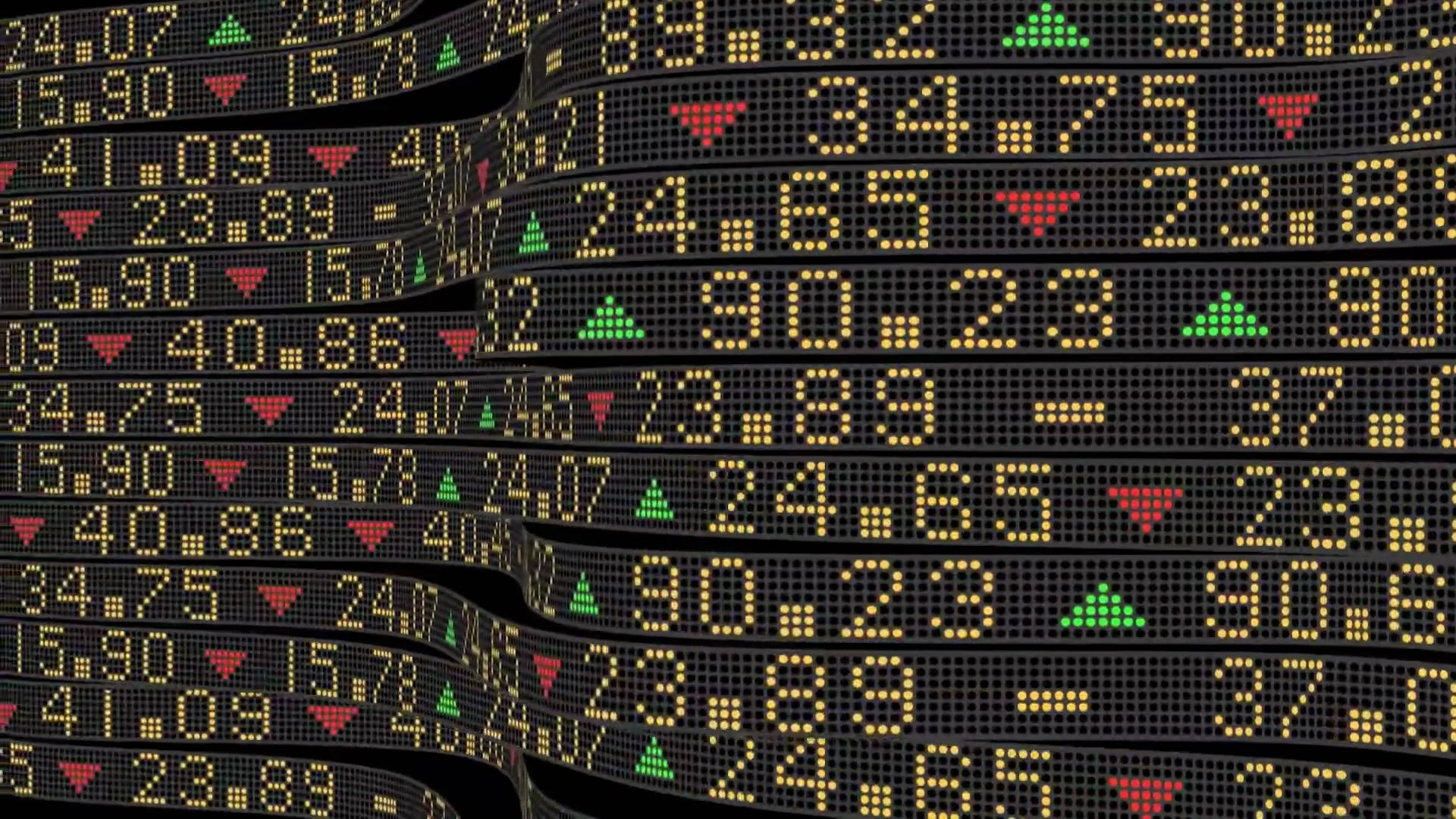Few have as much reverence for the Porsche 911 as I do, but imagine my shock to find out that for a period, Porsche could have technically been classified as an investment company. The very same type of company I'd like to work for one day. My two favorite worlds thrust together.
Porsche has found itself a member of VWAG, the Volkswagen Auto Group which also includes Audi, Bentley, and Bugatti. The story of how VW came to own Porsche is one of financial drama that would excite any day trader and may foster a movie as great as The Big Short.
To tell the full tale, I must start from the very beginning. Porsche came about in 1931, created by a man named Ferdinand Porsche (a contender for "happiest man in a photograph" of all time)
He started the company to fill a need for automotive design consultancy in the automaker world. Porsche would come up with new and novel designs for car makers to build forth in their own new models. Porsche is responsible for the design of the Volkswagen Beetle which Hitler would go on to name the “People’s Car”.
Looking back; probably not an endorsement you want to brag about.
Porsche decided it was time to build their own speed machine and in 1948 called the 356 pictured below.

In a decade and a half Porsche would release the car that they are known for today, the Porsche 911. Speaking of history, Porsche and Volkswagen have always had close ties. For quite a while, the Porsche Cayane and eventually the Panamera were built on a VW chassis with a Porsche engine dropped right in the engine bay.
In 2008, a shocking revelation surfaced, Porsche was about to buy Volkswagen outright. Furthermore, Porsche made over 85% of their profit from investments that year, only to have one of the most dramatic reversals of fate in equity market history. Since the 1980’s, Porsche had had trouble proving a reliable stream of revenue, and Wall Street had lost faith in the company. By 2005, shares of Volkswagen were trading at a low multiple to their earnings. This presented a perfect opportunity for Porsche to start buying up shares of the company. Porsche did this secretly (something that is illegal in the United States, just one more risk to consider when investing outside of the U.S.). By 2008, had acquired 74.1% of Volkswagen using the leverage of call options, and by purchasing 42.6% of the company through an outright equity ownership. Porsche claimed that they had been purchasing these shares to prevent the hostile takeover of Volkswagen from a foreign competitor. Porsche didn’t want to jeopardize the chassis construction relationship they had built. By owning a call option, you set the price that you would like to purchase the shares at. That is why this option is valuable when prices rise, because as the price rises you can purchase the shares for a discount than what they are trading at in the market.
As time went on, Wall Street began to value VW shares more and more because Porsche had been buying up their shares. This had created the same effect as a corporate buyback, but one that only benefited Volkswagen, and hurt Porsche, because in order for Porsche to keep trying to acquire VW, the shares would become more expensive. Every time that Porsche moved closer to an acquisition of VW, the price of the acquisition went up. Also, the reason that Porsche shares were going up in value was because Porsche was buying them up. If Porsche stopped buying up the shares, the shares would lose their value and Porsche would be stuck with the loss. This is why Porsche had decided to purchase the call options secretly which would allow for a quick ownership bid. When the news broke that Porsche had 74.1% of VW, the markets went mad, and VW shares skyrocketed. Interestingly, the market felt that VW was a crappy company and so the shares became the most shorted stock of 2008 with a short interest of 12.8%.
Another 20% of VW was held by the Lower Saxony government in Germany  because of a law that was intended to ease private ownership of past public institutions. This meant that when Porsche announced their ownership stake in VW, the market was in a short squeeze. There were not enough VW shares to go around, and those 12.8% of short holders were left sweating. As the short squeeze continued, VW shares skyrocketed from $200 to $1000 a share in just two days.
because of a law that was intended to ease private ownership of past public institutions. This meant that when Porsche announced their ownership stake in VW, the market was in a short squeeze. There were not enough VW shares to go around, and those 12.8% of short holders were left sweating. As the short squeeze continued, VW shares skyrocketed from $200 to $1000 a share in just two days.

At one point midday, Volkswagen became the most valuable company in the world, and Porsche controlled 74.1% of that value.
Now for Porsche to complete the buyout, and get the remaining shares of the Volkswagen, they’d have to use leverage. Banks started getting phone calls from Porsche to get more funds and the banks gladly lent them because they were a bank in 2008. If you were a bank in 2008, you gave pretty much anyone funds for pretty much any reason. The only problem is that 2009 came next, which included one of the worst financial crises in the history of our banking system. Naturally, the banks called up Porsche to repay the loans that they had taken out to buy VW. Ironically, Porsche didn’t have enough capital to pay back the banks. And who was there, waiting with a stock pile of cash to swoop in and save the day? Volkswagen.
Volkswagen stepped in, provided liquidity to Porsche, and bought the entire company for a handsome discount.
And that is the story of how Volkswagen bought Porsche.
It looks as if Porsche picked the absolute worst year to get into the investment game. It’s important to note though that Porsche didn’t need liquidity because of their use of options. Porsche needed liquidity because of poor bank loaning practices in the United States. Now, the reason the Volkswagen had all this capital lying around is an interesting story in and of itself. The CEO of VW at the time was a descendant of Ferdinand Porsche named Ferdinand Piech. VW’s Ferdinand Piech had always wanted to run Porsche but lost the opportunity during a family feud. Since that time, Piech had been gearing up to take over Porsche and run the company himself. He was actually on the boards of both companies and made a bundle during the VW shares short squeeze.
Just goes to show, stick with doing what you do best. If building cars is your thing, don’t start trading options.

